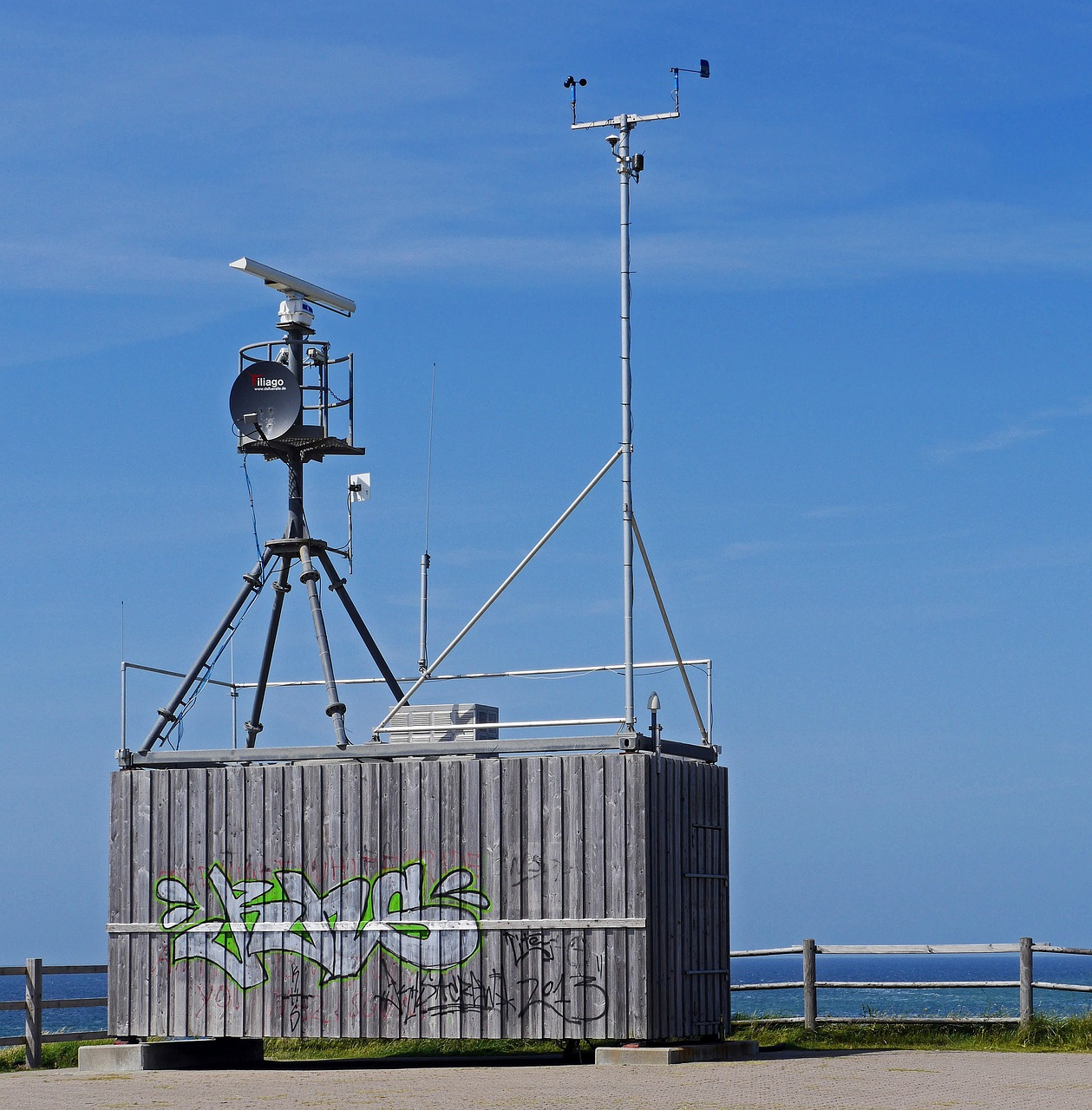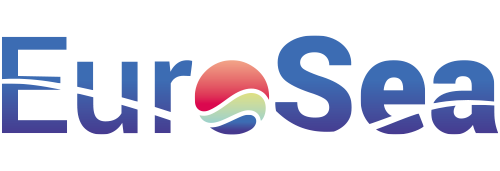
Description
These recommendations present a monumental shift towards refining ocean observation practices, targeting Essential Ocean Variables (EOVs), perfecting determination of indicators, and fortifying the validation processes of remote sensing observations and calibration of satellites. The overarching goal is to bolster the precision, comprehensiveness, and applicability of sustained ocean observations specific to European waters.
Impact During the Project
The recommendations aim to heighten the relevance and effectiveness of sustained ocean observations in Europe. By focusing on key areas such as EOVs, indicators, and satellite validation, the output is intended to streamline the process of ocean monitoring and data collection, ensuring they are well-tailored for the specific requirements of European waters.
Measure during the project:
Improved Support: By providing clear recommendations on observing requirements and potential gaps, relevant agencies, organizations, and stakeholders in Europe will receive enhanced guidance. This will enable them to prioritize and channel resources efficiently, ultimately leading to better support and implementation of ocean observation activities.
Impact Post Project
Increase the fitness-for-purpose of sustained observing in Europe.
Measure: Improved support
Advancement over and above State of the Art
Targeted Observation: The traditional approach to ocean observing might be more generalized or might lack the granularity required for specific regional needs. By focusing on Essential Ocean Variables (EOVs), the recommendations provide a more specific and targeted approach to observation, ensuring that the most critical variables are monitored.
Refined Indicator Determination: The mention of determining indicators hints at a more data-driven and analytical approach to ocean observation. Rather than relying on broad metrics or generalized indicators, there’s an emphasis on determining those that are most relevant and indicative of ocean health and dynamics specific to European waters.
Emphasis on Technological Validation: The focus on validating remote sensing observations and calibrating satellites shows a commitment to accuracy and precision. Instead of merely collecting data, there’s an emphasis on ensuring that the data, especially that collected remotely via satellites, has been collected and processed according agreed best practicies and standards and is accurate, reliable, and validated. This can enhance the quality of data, and, by extension, any analysis or insights derived from it.
Enhanced Regional Relevance: The emphasis on increasing the “”fitness-for-purpose”” of observing in Europe indicates a regional focus, ensuring that the recommendations are particularly tailored to the unique challenges, needs, and dynamics of European waters.
In essence, these recommendations signify a more targeted, technologically rigorous, and regionally tailored approach to ocean observation in Europe. Such advancements can potentially lead to more accurate data, better resource allocation, and ultimately, more informed decision-making in marine and environmental matters.”
Links and References
Link to D1.6 – Maps 7 Metrics on Observing Systems & Data: https://eurosea.eu/download/eurosea_d1-6_maps_and_metrics_on_observing_systems_and_metadata-2/?wpdmdl=5508&refresh=650197c458f471694603204
Link to D3.2 – Observing Networks Assessment: https://eurosea.eu/download/eurosea_d3-2_initial_assessment_v9_revised_resubmitted/?wpdmdl=5522&refresh=650197c56d6c31694603205
Link to D4.2 – Derive observable ocean climate indicators from seasonal forecast: https://eurosea.eu/download/eurosea_d4-3_ocean_climate_indicators_revised_resubmitted/?wpdmdl=5559&refresh=650197c8600a71694603208
Link to D4.5 – Synthesis of satellite validation results: https://eurosea.eu/download/eurosea_d4-5_synthesis_satellite_validation_results_revised_resubmitted/?wpdmdl=5563&refresh=650197c8ab4c51694603208
Link to D4.5 – Skill assessment of ECV/EOV from seasonal forecast: https://eurosea.eu/download/eurosea_d4-6_skill_assessment_of_ecv_eov_from_seasonal_forecast_revised_resubmitted/?wpdmdl=5565&refresh=650197c8d14c21694603208
